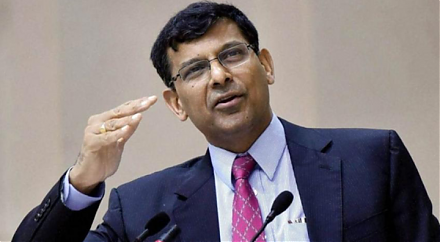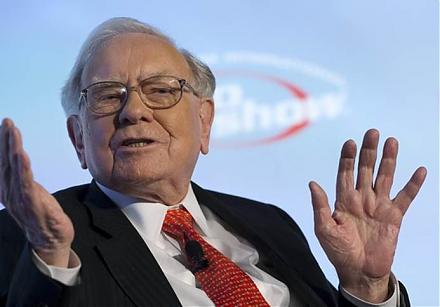

2018-09-30 14:34:00 Sun ET
stock market competition macrofinance stock return s&p 500 financial crisis financial deregulation bank oligarchy systemic risk asset market stabilization asset price fluctuations regulation capital financial stability dodd-frank
Goldman, JPMorgan, Bank of America, Credit Suisse, Morgan Stanley, and UBS face an antitrust lawsuit. In this lawsuit, a U.S. judge alleges the illegal conspiracy that they have kept stock loans in the stone age to stifle competition in the $2 trillion stock-lending market. These large banks boycott the startup platforms AQS, Data Explorers, and SL-x in order to maintain their competitive advantage in stock loans. In this way, these banks maintain monopoly control over stock loans and so charge excessive fees to investors and short-sellers.
A counter argument sheds skeptical light on the court decision that continuing to execute stock loans under the current rules and standards somehow amounts to an illegal conspiracy. This alternative argument suggests that these class actions against the banks would result in an unreasonable restraint on trade. This dispute boils down to whether there is sufficient evidence of collusion among the plaintiffs in direct competition with the fresh startup platforms.
Stock loans are quite important to short-sellers when the investor borrows stocks to immediately sell them at a premium. Institutional investors with substantial stock positions can profit from lending out these stocks, whereas, borrowers aim to profit by buying the stocks at lower prices later.
If any of our AYA Analytica financial health memos (FHM), blog posts, ebooks, newsletters, and notifications etc, or any other form of online content curation, involves potential copyright concerns, please feel free to contact us at service@ayafintech.network so that we can remove relevant content in response to any such request within a reasonable time frame.
2023-12-08 08:28:00 Friday ET

Tax policy pluralism for addressing special interests Economists often praise as pluralism the interplay of special interest groups in public policy. In
2019-01-05 11:39:00 Saturday ET

Reuters polls show that most Americans blame President Trump for the recent U.S. government shutdown. President Trump remains adamant about having to shut d
2019-02-25 12:41:00 Monday ET

Chicago financial economist Raghuram Rajan views communities as the third pillar of liberal democracy in addition to open markets and states. Rajan suggests
2017-07-19 11:35:00 Wednesday ET

This brief article encapsulates the timeless wisdom of Warren Buffett's famous quotes on fundamental stock investment, fear and greed, patience, risk co
2020-04-17 07:23:00 Friday ET

Clayton Christensen defines and delves into the core dilemma of corporate innovation with sustainable and disruptive advances. Clayton Christensen (2000)
2017-01-03 03:26:00 Tuesday ET

President-Elect Donald Trump wants Apple and its tech peers to consider better and greater high-tech job creation in America. Apple has asked its primary